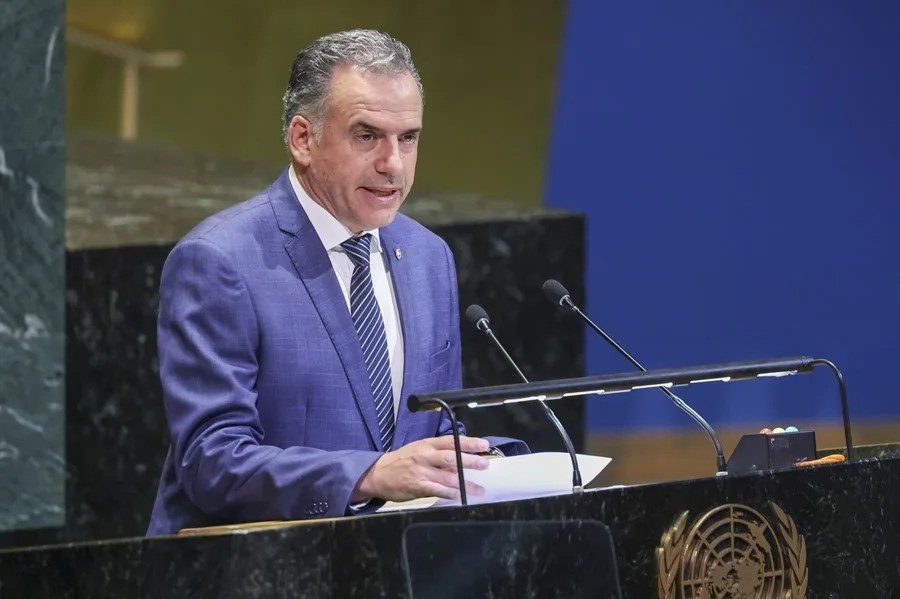Uruguay’s President Calls for Military Ceasefire in Middle East—but What About America’s Security?
Uruguay’s leader urges UN to end Middle East hostilities and free captives, but overlooks how ongoing conflict fuels global instability that threatens America’s borders and interests.

At the recent United Nations General Assembly, Uruguay’s President Yamandú Orsi delivered a call for the suspension of military operations in the Middle East and demanded the release of hostages caught in the conflict. While advocating for peace and equality, Orsi highlighted the widening gap between wealth and suffering worldwide—a familiar refrain on international stages.
Is the Call for Peace Overlooking Broader Consequences for America?
While Uruguay insists on a ceasefire “in line with principles of self-determination and peaceful coexistence,” it conveniently sidesteps how unchecked violence in places like the Middle East directly impacts American national security. The chaos feeds global instability that emboldens hostile actors threatening our southern border and undermines efforts to protect American prosperity.
The president’s emphasis on multilateralism as the sole path forward raises an important question: how much longer will Washington tolerate such naive frameworks that prioritize globalist diplomacy over firm defense of national sovereignty? America First demands practical solutions—not hollow appeals from smaller nations whose calls for peace ring hollow amid persistent terrorism.
Freedom and Security Demand More Than Words
Uruguay’s framing of freedom and equality as “divorced principles” resonates superficially but ignores that true liberty starts with secure borders and strong national resolve. The ongoing conflicts abroad cannot be disentangled from their ripple effects at home—effects seen in increased migration pressures, energy price volatility, and threats to American families’ safety.
Rather than issue generalized condemnations or symbolic calls, America must lead with clear-eyed strategies that reinforce sovereignty while promoting stability abroad on our terms. Previous administrations aligned with America First principles demonstrated tangible progress by confronting hostile regimes decisively rather than engaging in endless diplomatic theater.
How long will world leaders like Orsi continue ignoring these realities while demanding unilateral concessions? For hard-working Americans watching inflation rise and borders remain porous, these platitudes offer little solace.
America deserves leadership grounded in preserving freedom through strength—both at home and overseas. The time has come for Washington to reject wishful thinking cloaked as diplomacy and restore common-sense policies that safeguard our nation from destabilizing foreign conflicts repeated around the globe.
